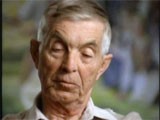You searched for: political prisoners
<< Previous | Displaying results 191-200 of 217 for "political prisoners" | Next >>
-
Japanese American Relocation
ArticleLearn more about the forcible relocation of some 120,000 people of Japanese descent living in the US to “relocation centers.”
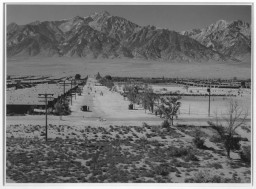
-
Background: Jurists' Trial Verdict
ArticleThe Justice Case, or Jurists’ Trial, of the Subsequent Nuremberg Proceedings tried members of the German justice administration. Browse excerpts from the verdict.
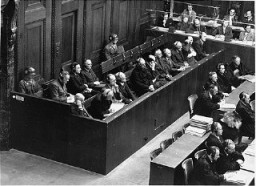
-
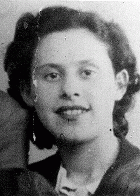
-
Janusz Piotrowski
ID CardJanusz was the eldest of four children born to Catholic parents in Plock, a town located in a rural area north of Warsaw. His father was an accountant. Janusz attended local schools, and became active in scouting. 1933-39: Janusz went to Warsaw to study civil engineering. On September 1, 1939, the Germans began bombing Warsaw. One week later, all able-bodied men who had not been mobilized were directed to retreat east. On September 17, Janusz was 90 miles from the Romanian border. That night, the Soviets…
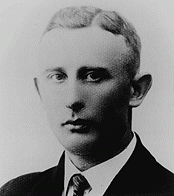
-
Pawel Zenon Wos
ID CardPawel was the oldest of four children born to Roman Catholic parents in Poland's capital of Warsaw. Pawel's father had worked for the Polish merchant marine before starting his own textile business in 1930. The family moved to a comfortable apartment near the Royal Castle and the Vistula River. Pawel excelled in sports, including basketball and tennis. His favorite sport was rowing. 1933-39: In May 1939 Pawel became an army reserve officer and went to training camp near Augustow. On the morning of…
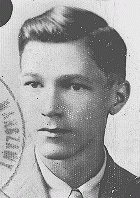
-
Gabrielle Weidner
ID CardGabrielle was the second of four children born to Dutch parents. Her father was a minister in the Seventh-Day Adventist Church. She grew up in Collonges, France, near the Swiss border, where her father served as a pastor. Gabrielle was baptized in the Seventh-Day Adventist faith at the age of 16. She attended secondary school in London, England. 1933-39: Gabrielle became increasingly active in the Seventh-Day Adventist Church, eventually becoming the secretary at the French-Belgian Union of Seventh-Day…
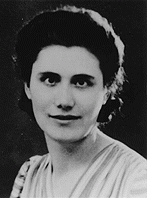
-
Frieda Greinegger
ID CardFrieda was the fourth of five children born to strict Catholic parents. She had one brother and three sisters. Frieda grew up on a large farm near the village of Michaelnbach in northern Austria. The farm had cattle, horses, pigs and poultry, and the children worked long hours helping their parents on the farm. At age 12, Frieda left school to work full time on the farm. 1933-39: Germany annexed Austria in March 1938. When war broke out in September 1939, Frieda's brother was drafted into the German army.…
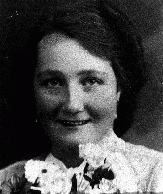
-
Pawel Wos
ID CardPawel, a Roman Catholic, fled to Danzig, Germany, in 1914 to avoid conscription in the Russian army. Since Germany and Russia were at war, Pawel was arrested by the Germans as an enemy alien and sent to work on a farm in northern Germany. He met Anna Szachowska there, and they married in 1918. The couple moved to Warsaw where they raised 4 children. In 1930 Pawel opened a textile business. 1933-39: Despite the Depression, Pawel's business prospered and they expanded their operations. In 1938 some friends…
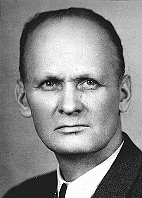
-
John Komski describes Krakow after the outbreak of World War II
Oral HistoryJohn, who was born to a non-Jewish Polish family, graduated from an art academy. Following the German invasion of Poland on September 1, 1939, John was in Krakow. Food became scarce in Krakow, with long lines of people waiting for whatever food was available. John decided to join the resistance against the Germans. By early 1940, he and two of his friends felt that they were in danger and decided to try to escape to France. John was caught and arrested during this escape attempt. He survived imprisonment…
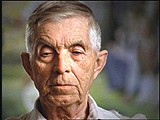
-
John Komski describes resistance activities in Krakow, including an underground newspaper
Oral HistoryJohn, who was born to a non-Jewish Polish family, graduated from an art academy. Following the German invasion of Poland on September 1, 1939, John was in Krakow. Food became scarce in Krakow, with long lines of people waiting for whatever food was available. John decided to join the resistance against the Germans. By early 1940, he and two of his friends felt that they were in danger and decided to try to escape to France. John was caught and arrested during this escape attempt. He survived imprisonment…
